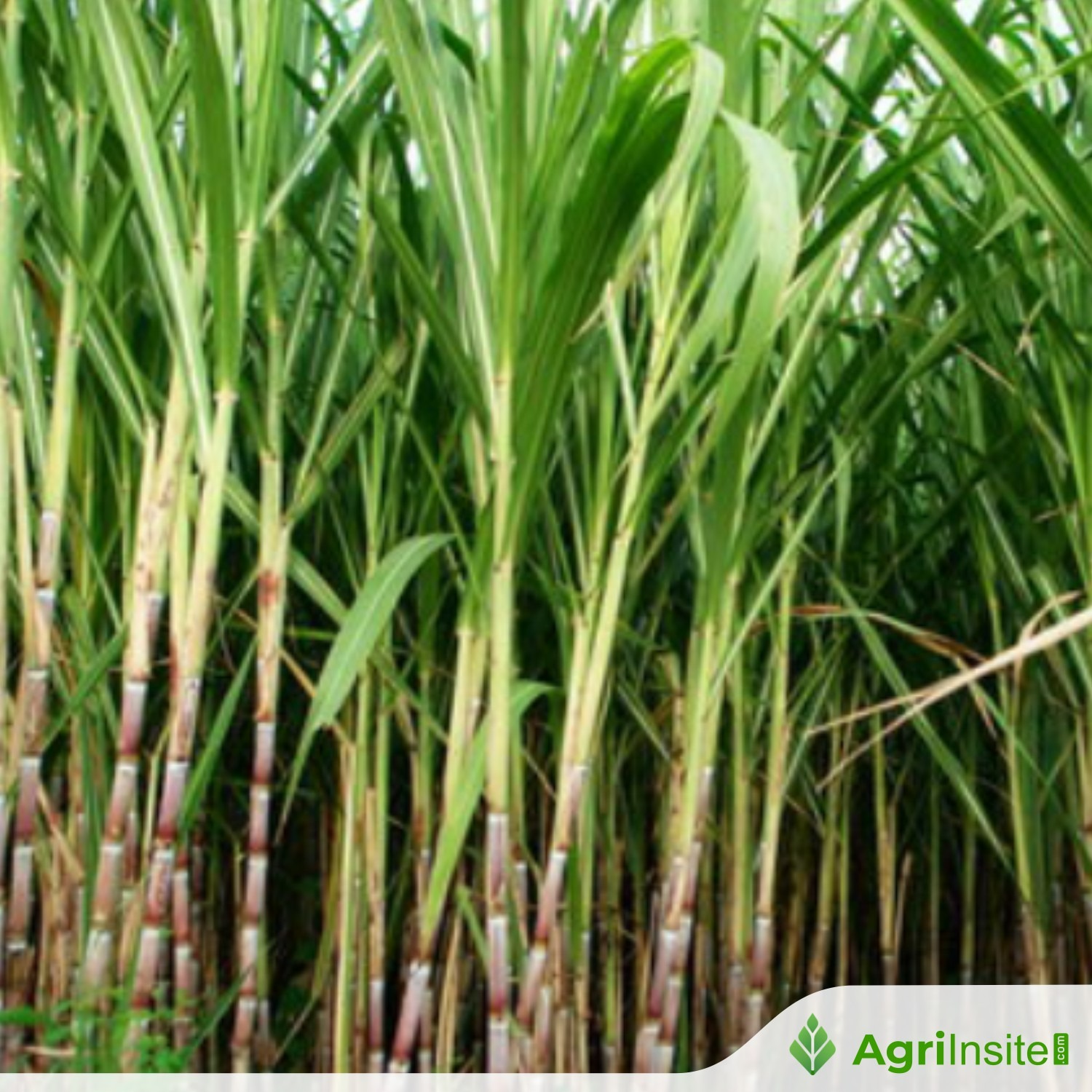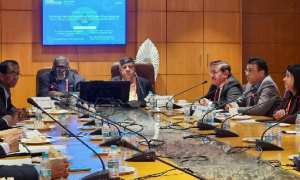Philippines : SRA Chief Hopes Infestation Won’t Impact Sugar Output

Sugar Regulatory Administrator Pablo Luis Azcona expressed cautious optimism that the red striped soft scale insect (RSSI) infestation in Visayas sugarcane farms won’t significantly impact sugar production. While 2,027 hectares across four provinces are affected, Azcona said early detection, farmer awareness, and recovery signs in over 200 hectares offer hope.
BACOLOD CITY – Sugar Regulatory Administrator Pablo Luis Azcona expressed hope that the spread of red striped soft scale insects (RSSI) in Visayas sugarcane farms will not significantly impact sugar production.
“Hopefully, it won’t, but I can’t say for certain,” Azcona said Tuesday during a visit to Kabankalan with Sen. Juan Miguel Zubiri.
“Early detection is really crucial. Once you notice wilting, uproot the cane and check—it’s likely you’ll find the insect there.”
He added that despite the RSSI presence, “as of now, the sugarcane looks really good. Hopefully, production won’t drop.”
Azcona said the RSSI issue has not yet been officially raised with Zubiri, but the senator is aware of it as a sugar farmer himself.
“This is one of the shared concerns we haven’t yet elevated to Senator Migz,” Azcona noted.
He also said efforts are ongoing to protect Bukidnon, pointing out that it posted the highest sugar production growth this year.
“Actually, we’ve been trying to protect Bukidnon,” Azcona said.
“If you look at our production numbers, the biggest growth is really in Bukidnon.”
He said sugar production in Mindanao increased by 100,000 metric tons, with 97 percent of that coming from Bukidnon.
By comparison, Negros posted a minimal increase of 200 metric tons.
Azcona said 2,027 hectares are currently infected with RSSI across varying degrees of severity, affecting 1,097 farmers in 82 barangays across 10 towns in Negros Occidental, one in Negros Oriental, two in Iloilo, and four in Capiz.
He added that more than 200 hectares have already shown signs of recovery.
“We feel that we can’t totally eliminate RSSI, but through farmer education and awareness, we’re learning to control and live with it gradually,” Azcona said.
He also confirmed requesting help from the provincial government to declare a state of emergency or urgency to speed up insecticide and pesticide procurement.
“It’s good that the governor is already on board,” he said.
“We’ve asked if they can declare a state of emergency or urgency, since funding from the Department of Agriculture is already coming into the SRA.”
Azcona explained that the procurement process takes about three months, and a formal declaration would speed things up.
He noted strong support from the private sector, saying, “Step by step, we believe we’re making progress. Hopefully, our production next year won’t be affected.”
Azcona observed that the spread of RSSI was fast in the first month but has since slowed.
He clarified that the insect is not airborne but spreads through contact, often via trucks or clothing.
“Sometimes, in their eagerness to inspect wilted cane, farmers unknowingly bring RSSI to other farms,” Azcona said.
“That’s what started it, but now, with greater awareness, the spread is slowing.”
He said containment remains a challenge but added that recent developments are promising.
“In the last two weeks, we’ve seen positive developments—millers are getting involved, too,” he said.
Azcona warned that if left untreated, RSSI can reduce sugar output by up to 50 percent in severe cases.
“It usually appears in patches near roads—likely due to trucks spreading it,” he explained.
“If there’s a patch in a one-hectare field, and you spray the 1,000-square-meter area, the insects die. So bit by bit, we are fighting back.”
He admitted that the early stages of the infestation caught everyone off guard.
The Department of Agriculture has allocated PHP10 million to the SRA for insecticide and pesticide procurement, he said.
“We haven’t fully used it yet because it’s still in the procurement stage,” Azcona said.
“That’s another issue—we still need to go through pre-bidding and other requirements, which is why we are urging LGUs to declare a state of emergency or urgency.”
He added that the worst-hit areas so far are Bago and La Carlota, though conditions there appear to be improving.
To Read more about Sugar Industry continue reading Agriinsite.com
Source : Daily Guardian















